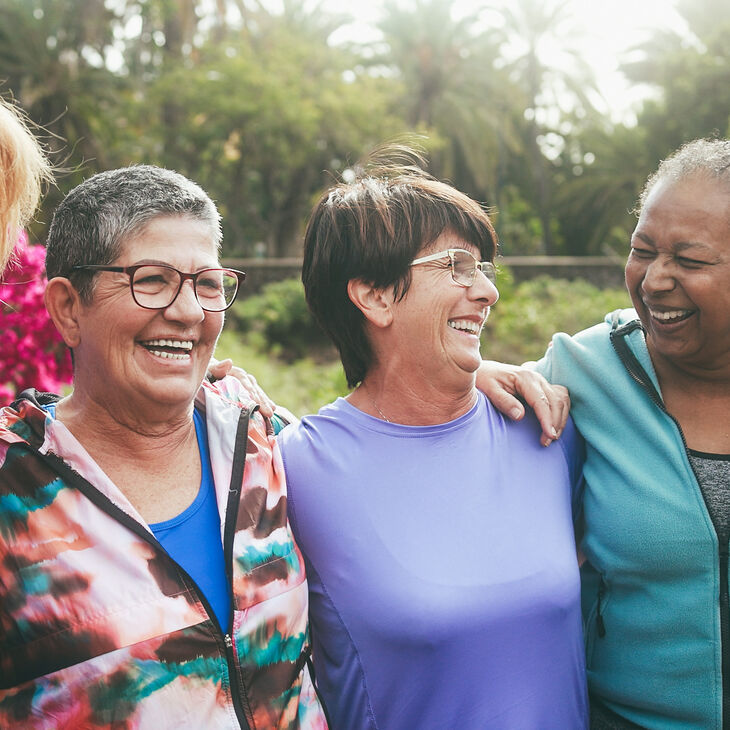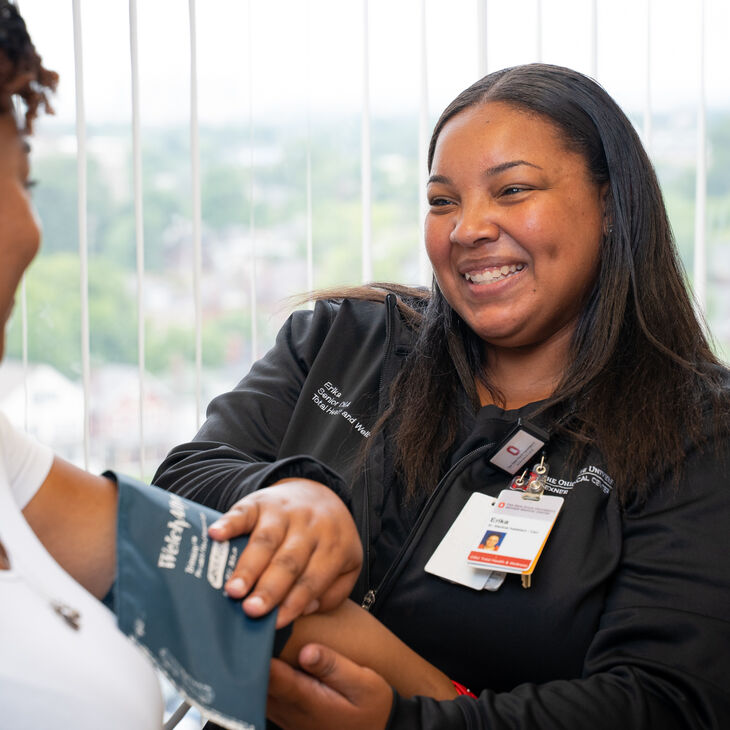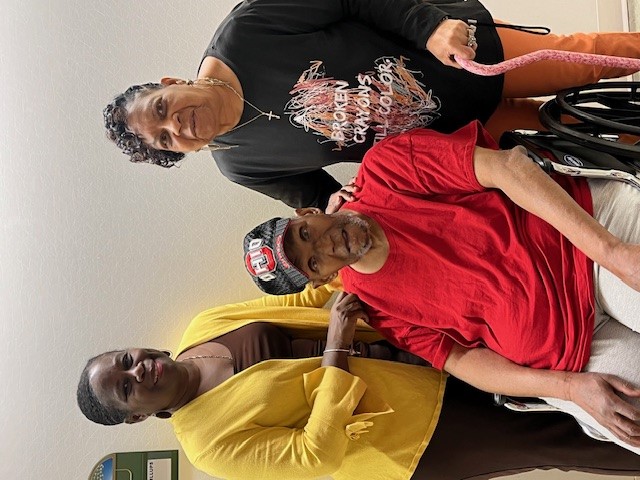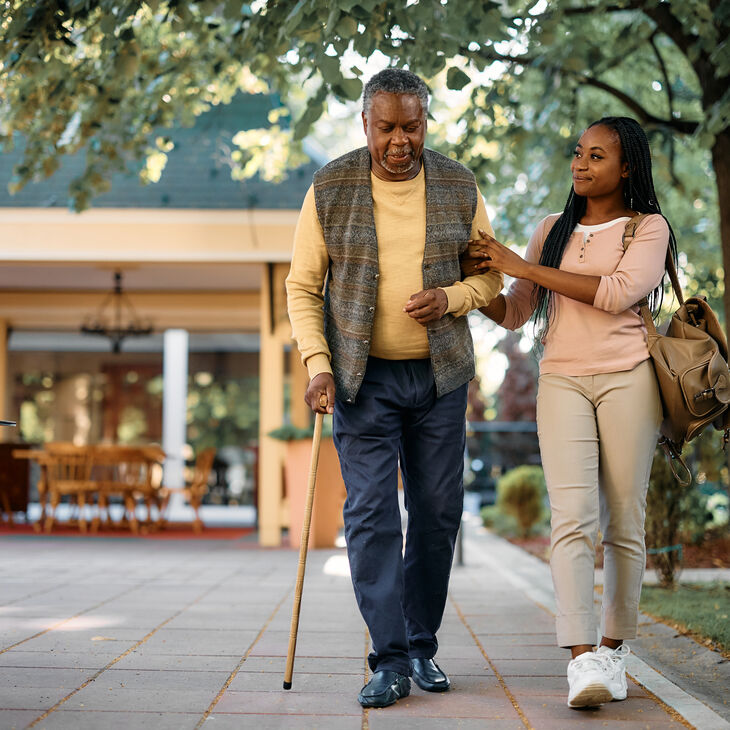By Susie Breitenstein
Advocate, connector, advisor, liaison, promotor, navigator, public health and outreach worker. These are common titles for Community Health Workers (CHW), members of the health care team serving as trusted community members to improve access to care and healthcare outcomes. CHWs focus on factors that influence health such as access to healthy food, employment, housing and environmental safety so they can work to remove barriers and help those they serve achieve optimal health. CHWs serve communities that have been disproportionately affected by the COVID-19: low-income, communities of color and the homeless (CDC, 2020). Thus, CHWs are key to helping prevent the spread of the disease and supporting the uptake of vaccination.
As the COVID-19 vaccine has become available, there is a fair amount of misconception and mistrust about the vaccine. As of December 2020, while 60% of Americans report they would get a vaccine for COVID-19, 39% report they would definitely or probably not get the vaccine. There are racial differences related to intent to be vaccinated; 42% of Black Americans reported that they would get vaccinated compared to 63% of Hispanics and 61% of White adults (Funk & Tyson, 2020). Reasons for vaccine hesitancy are complex and rooted in mistrust of the health care system, mistrust in research and development, newness of the vaccine, worries about side effects and concerns about getting COVID-19 from the vaccine (Hamel, Kirzinger, et al., 2020; Paul et al., 2020).
CHWs can bridge that divide, boost confidence and contribute to our progress toward herd immunity via vaccination by doing what they are trained to do: be a trusted voice and advocate, provide fact-based healthcare education and serve as a connection point between the health care system and the communities they serve. Vaccine confidence starts with the healthcare team. CHWs must first be considered front-line workers and have access to vaccination for themselves (“Vaccinate Community Health Workers First,” 2020). Then, CHWs can work with community and faith-based organizations to help communicate and share vaccine information and resources. Providing honest and accurate information, allowing individuals to share their concerns, addressing misinformation, supporting free choice and describing their own vaccination experiences are important methods to support how individuals become informed and make decisions in favor of vaccination.
At The Ohio State University College of Nursing, we offer a Community Health Workers training program providing instruction and resources to build that pipeline of professionals to be that link between healthcare settings and their own neighborhoods. As front-line public health workers, they play a critical role in improving access to quality care and addressing barriers to treatment. This includes assuring that we provide training on current and pressing public health issues. Eligible students receive full financial support through funding from Franklin County Jobs and Family Services.
Public policy supporting the growth of the CHW role has lagged behind the increased demand for CHWs locally, regionally and nationally. Just over a quarter of states require or have laws governing certification, scope of practice and reimbursement. Consistency in state legislation and certification policies would help not only clarify this critical role, but encourage communities to build bridges to healthcare through these well-trained, committed and compassionate professionals.
Susie Breitenstein, PhD, RN, FAAN is an associate professor, director of community outreach and engagement and the senior director of the community health worker training program at The Ohio State University College of Nursing.






